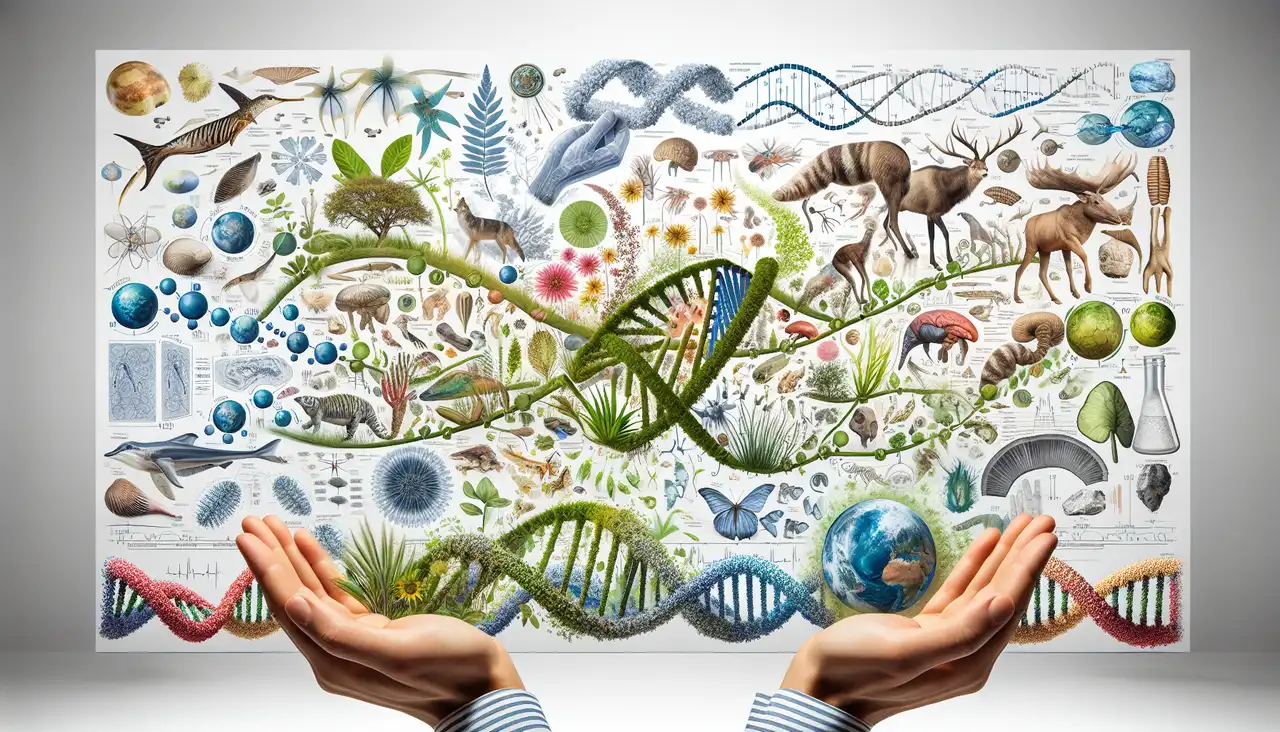

Michael Edward Alfaro
Michael Edward Alfaro is a distinguished professor in the Department of Ecology and Evolutionary Biology at the University of California, San Francisco. He is also affiliated with the Institute for Society and Genetics within the College of Letters and Science. His academic journey is marked by a profound interest in the evolutionary history, biogeography, and diversification of fish species, with a particular focus on triggerfishes and pufferfishes. Alfaro employs phylogenetic analyses and molecular data to delve into the intricate relationships between form and function in fish evolution. His research is pivotal in understanding how biomechanical systems have evolved in response to ecological demands, shedding light on the adaptive strategies that have enabled fish to thrive in diverse environments. Through his work, Alfaro seeks to unravel the complexities of evolutionary dynamics, particularly in relation to morphological convergence and functional adaptations. One of Alfaro's notable research areas includes the study of the four-bar mechanism, a complex system that plays a crucial role in the functional adaptations of various fish species. By examining this mechanism, he aims to uncover the evolutionary processes that drive morphological convergence, offering insights into the broader patterns of species evolution in aquatic ecosystems. Alfaro's contributions extend beyond academic research, as he actively engages in interdisciplinary collaborations to explore the ecological drivers of species evolution. His work not only enhances our understanding of evolutionary processes but also informs conservation efforts by highlighting the importance of preserving biodiversity in aquatic environments. Throughout his career, Alfaro has been recognized for his innovative approach to studying evolutionary biology, earning accolades for his contributions to the field. His research continues to inspire and inform the next generation of scientists, fostering a deeper appreciation for the complexities of life in our planet's waters.
Research Interests
Publications
, 381-393, 2012-02-06
, 2381-2392, 2003-07-15
, 1-26, 2022-12-07